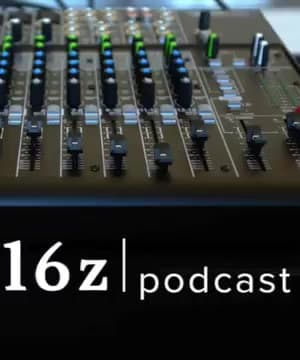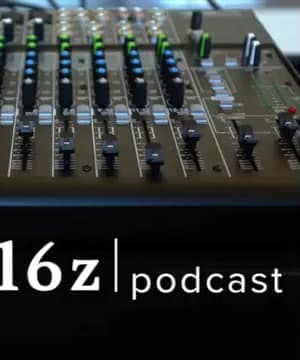What role did maps play?
Sources:
Maps have played crucial roles across various contexts, from exploration to technology and epidemiology.
-
Historical Mapping:
- Maps have long served as tools of exploration, documentation, and power assertion. During the period of exploration, precise mapping allowed countries to claim and navigate new territories. For example, the Spanish kept their maps secret to maintain their competitive edge, while the English shared their maps, facilitating wider use and settlement in explored areas 1.
-
Technological Evolution:
- The tools and accuracy of map-making have evolved significantly. Early tools like sextants were seen as the high-precision technology of their time. Today, technologies like LiDAR provide detailed 3D measurements essential for applications such as autonomous vehicles. This evolution reflects a continuous quest for accuracy and real-time data sharing 2 1.
-
Power of Maps:
- Maps capture and convey vast amounts of geographical and historical data, telling stories that are not possible through other means. They are dynamic records of our evolving understanding of the world and are valuable both for current utility and historical preservation 3.
-
Epidemiology:
- In public health, maps are fundamental for tracking disease outbreaks and understanding their spread. This practice, rooted in colonial and imperial histories, continues to influence how modern epidemiology operates. For example, during outbreaks such as yellow fever in the Colonial era, maps were used to track and manage the spread of disease, a practice that persists in contemporary pandemic responses 4.
In sum, maps have been instrumental in exploration, asserting territorial claims, advancing technology, recording history, and managing public health.
RELATED QUESTIONS-


